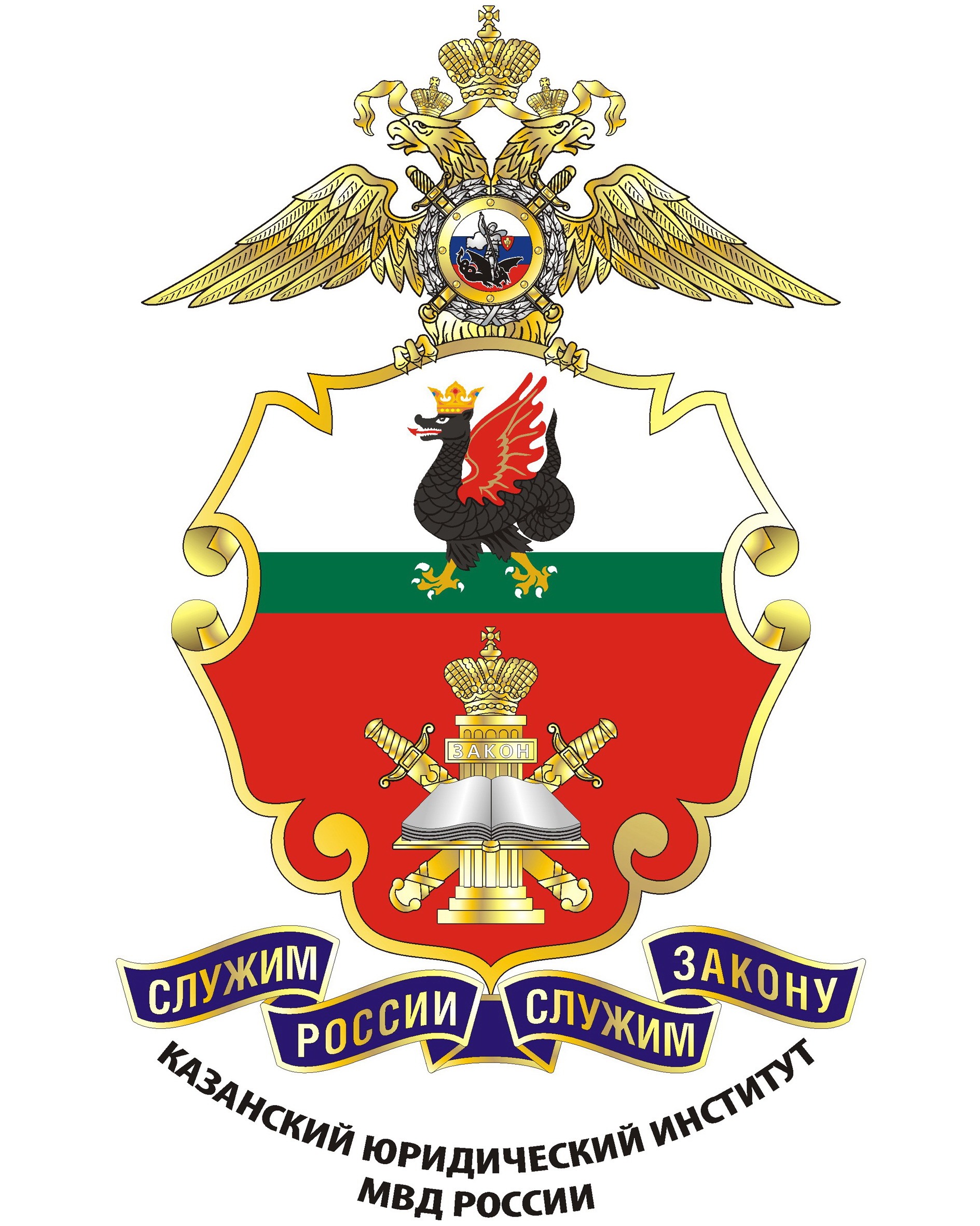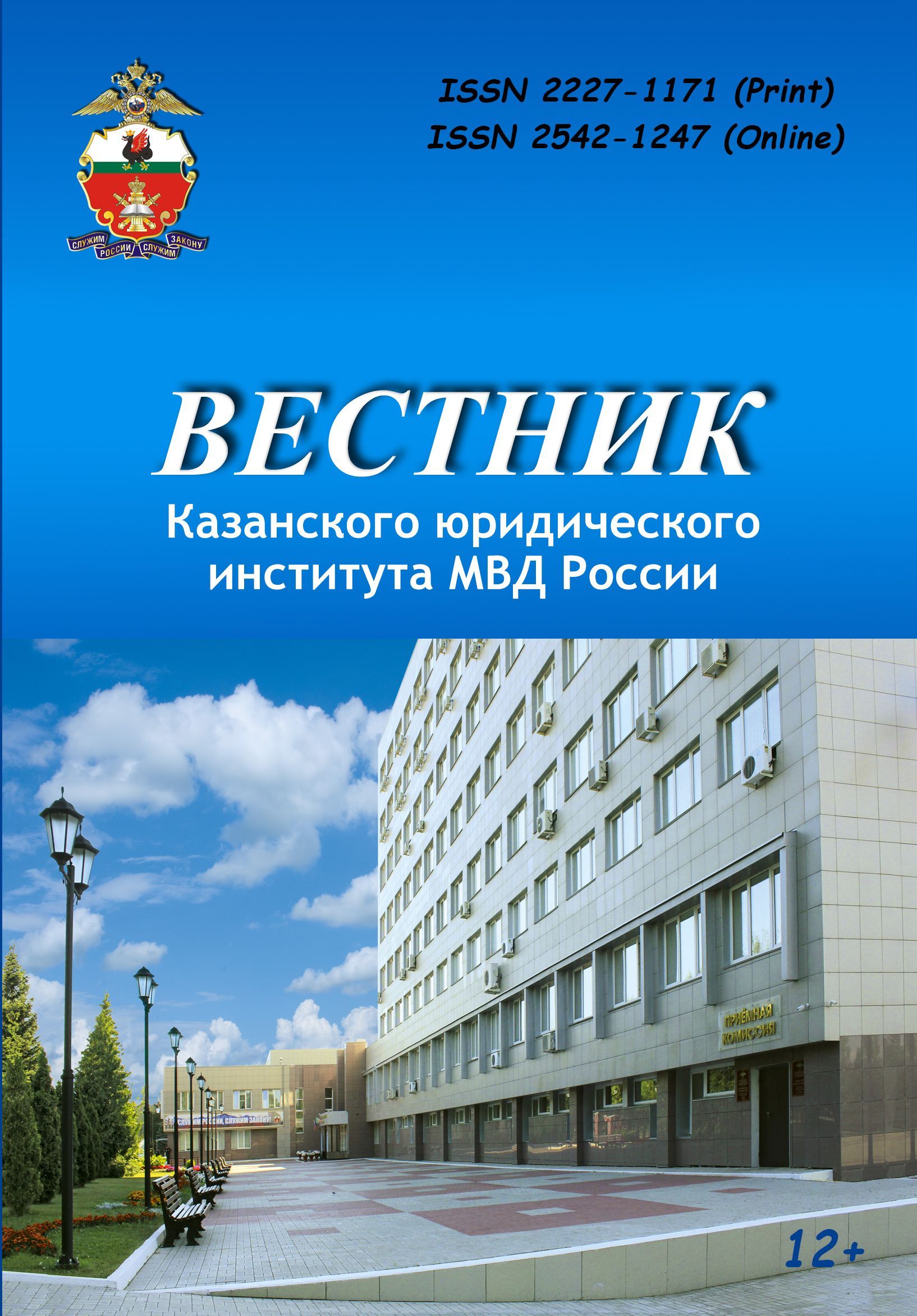Introduction: Organized crime is one of the major factors destabilizing public life now. Fight against organized formations became a national problem, and owing to its transnational nature accepted global character. A research objective are development of the theoretical bases of counteraction of organized criminal activity considered as the priority direction of the modern criminal policy, an assumption of possible paths of completion of statutiry and law-enforcement shortcomings and also establishment of the positive moments in domestic and foreign practice. Materials and Methods: the conducted research is based on a dialectic method of scientific knowledge of an environmental real. Justification of provisions, the conclusions and recommendations which are contained in work is carried out by complex use of the following methods of a social and legal research: the functional, historical and legal formal and logical, it is comparative - legal, concrete sotsiologo-legal. Results: result of a research particular statutiry and law-enforcement shortcomings of realization of criminal and legal measures of fight against organized crime are revealed: absence in Russia the express law directed to adequate influence to organized forms of manifestation of crime; the poor sequence of the state in questions of uncompromising struggle with crime; shortcomings of work of law enforcement agencies, including concerning training of personnel structure which demand careful study of scientific bases of counteraction of organized crime. Discussion and Conclusions: the practical significance of this research is caused by the fact that, first, the situation with organized crime in Russia becomes aggravated and seriously interferes with carrying out reforms, undermines social and economic and political stability; secondly, despite existence of a set of scientific publications, the defended dissertations devoted to studying of organized criminal activity there are unresolved questions of its criminal legal treatment and policy of counteraction to it; in the third, the remaining alarming dynamics of organized criminal activity demonstrates that measures are undertaken by the state are insufficiently effective therefore the thought-over strategy of counteraction of organized crime developed by means of specialists criminologists is required and maintaining of optimum interaction of the Russian law-enforcement services with the Interpol and other international organizations consists in attempt of creation of a conceptual basis of counteraction of organized criminal activity by means of promotion of offers on creation of productive normative and legal base, training of qualified personnel. These provisions will promote increase in effectiveness of fight against organized forms of criminal activity.
organizovannaya prestupnost', kriminal'nye soobschestva, protivodeystvie organizovannoy prestupnosti, zarubezhnyy opyt, mezhdunarodnoe sotrudnichestvo
1. Merkur'ev V.V. Kriminologicheskaya harakteristika organizovannogo soprotivleniya bor'be s prestupnost'yu // Kriminologicheskiy zhurnal Baykal'skogo gosudarstvennogo universiteta ekonomiki i prava. 2013.№3.S.25-41.
2. Agapov P.V. Problemy protivodeystviya organizovannoy prestupnoy deyatel'nosti. M.: Yurlitinform,2010. 312 s.
3. Gilmour S. Understanding organized crime: a local perspective // Policing: A journal of policy and practice. 2008. V. 2. № 1. P. 18.
4. Voronin Yu.A. Vvedenie v kriminologiyu. M.: Flinta, 2015. 252 s.
5. Zuev S. V. Protivodeystvie organizovannoy prestupnosti: zarubezhnyy opyt // Sovremennoe pravo. 2007. № 2. S. 99-103.
6. Nardini W.J. The prosecutors toolbox: investigating and prosecuting organized crime in the United States // Journal of International Criminal Justice. 2006. V. 4. № 3. P.217-224.
7. Kingston N.Global crime today: The changing face of organized crime // Policing: A journal of policy and practice. 2008. V. 2. № 1. P. 143.
8. Godunov O.I. O nekotoryh voprosah protivodeystviya organizovannoy prestupnosti // Nauchnyy poisk. 2016. № 2.1. S. 28-30.
9. Petrov S.V. Specifika yuridicheskoy reglamentacii organizovannyh form prestupnoy deyatel'nosti v zakonodatel'stve otdel'nyh sub'ektov mezhdunarodnogo prava // Yuridicheskaya nauka i praktika. Vestnik Nizhegorodskoy akademii MVD Rossii. 2014. № 1(25). S. 141-145.
10. Kirby S., Snow N. Praxis and the disruption of organized crime groups // Trends in Organized Crime. 2016. V. 19. № 2. P. 111-124.
11. Nikogosyan G.A. Problema sovershenstvovaniya kriminologicheskih mer protivodeystviya organizovannoy prestupnosti // Vestnik Moskovskogo universiteta MVD Rossii. 2011. № 1. S. 125-130.
12. Pyrchev S. V. Mezhdunarodnyy opyt protivodeystviya lideram organizovannoy prestupnosti i vozmozhnost' ego primeneniya v Rossiyskoy Federacii // Yuridicheskaya nauka i praktika. Vestnik Nizhegorodskoy akademii MVD Rossii. 2017. № 1. S. 392-397.
13. Fabrika T. A. Mery protivodeystviya organizovannoy prestupnosti // Vestnik ChelGU. 2013. № 27(318). S.102-105.
14. Shalagin A.E., Shlyahtin E.P. Problemy protivodeystviya organizovannoy prestupnosti // Vestnik KYuI MVD Rossii. 2015. №2(20). S. 88-94.
15. Yablokov N.V. Organizovannaya prestupnaya deyatel'nost'. Teoriya i praktika rassledovaniya: uchebnoe posobie//Norma, Infra-M.2016. 224 s.















